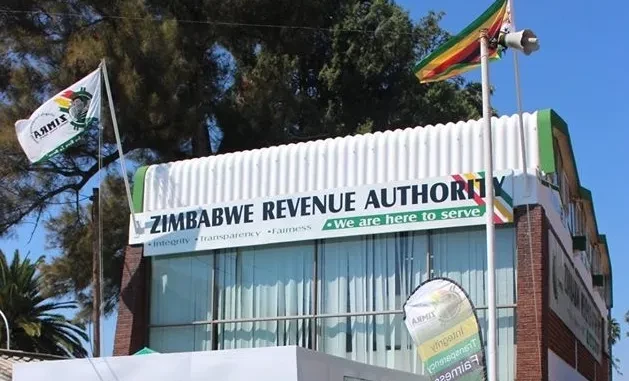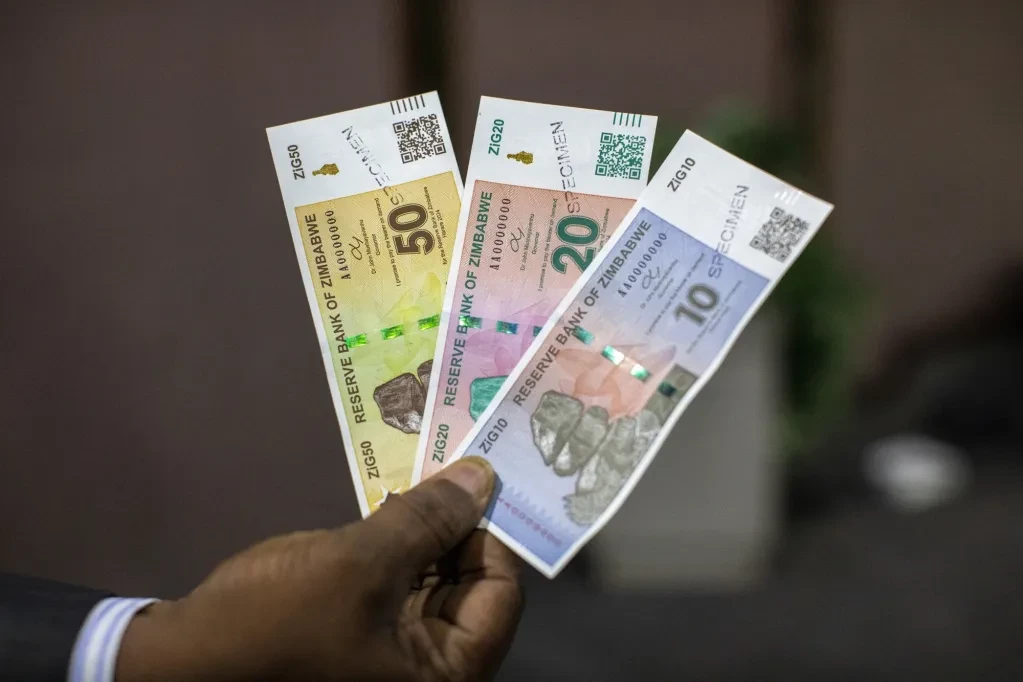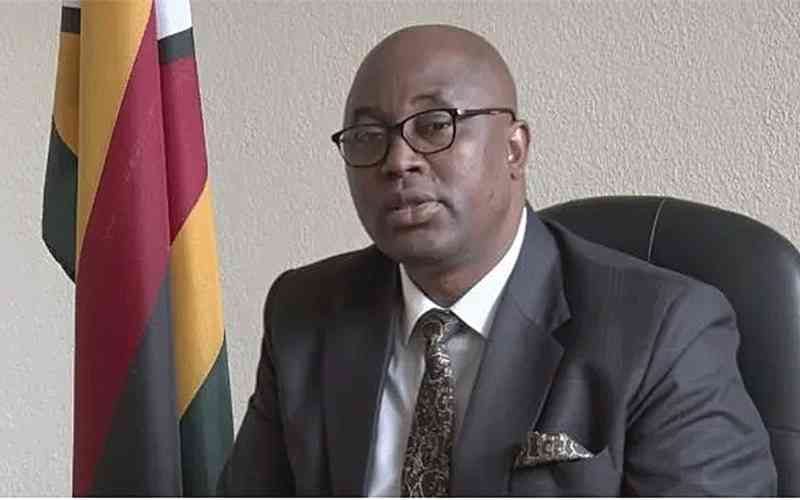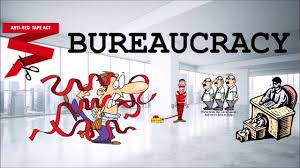THE Zimbabwe Revenue Authority (Zimra) has intensified enforcement efforts at the country’s borders as the proliferation of counterfeit electronic goods continues to undermine tax compliance, it has been revealed.
The illicit trade is dominated by mobile phones, laptops and accessories fraudulently sold as new, a practice which has surged in major cities, particularly within the informal retail space.
These products are finding business in Zimbabwe due to the staggering retail prices of these items in the formal market for brand new products, which retailers have blamed on heavy duties from Zimra.
Recently, the Confederation of Zimbabwe Retailers (CZR) wrote to the Zimbabwe Republic Police, calling for urgent multi-agency action to clamp down on illegal operators flooding the market with fake and refurbished gadgets.
In an interview with NewsDay Business, Zimra corporate affairs manager Gladman Njanji said the authority was playing a critical role in protecting intellectual property rights and enforcing customs laws.
- Business chokes under regulations, redtape
- Africa needs urgent digital investment and unity, says UN’s Ojiambo
- More than 300 exhibitors set for ZAS
- Foreign exodus batters ZSE as investor confidence hits new lows
- Stanbic empowers Zimbabwean businesses for regional integration
“Zimra plays a key role in protecting intellectual property rights and upholding customs laws to stop the importation of counterfeit goods,” he said.
“The trade in these items not only promotes unfair competition, but also deprives the country of critical tax revenue through smuggling and under-invoicing.”
Njanji said enforcement had been stepped up through risk profiling and intelligence-led inspections at points of entry, supported by co-operation with regional customs authorities and intellectual property rights holders.
“One of the key challenges lies in the sophistication of these operations, driven by advances in ICT. We are constantly adapting our enforcement strategies to keep up,” he added.
The Zimra corporate affairs manager also urged brand owners to register their trademarks with the Zimbabwe Intellectual Property Office and to promptly report violations to allow seizure and forfeiture of counterfeit goods.
CZR acting chief executive officer Tapiwa Marimo said genuine businesses were bearing the brunt of the growing trade in fake electronics.
“The proliferation of counterfeit and refurbished electronic goods, particularly mobile phones, laptops, and accessories being deceptively sold as new has become a growing concern in Zimbabwe,” he said.
“It has serious consequences for both consumers and legitimate retailers. Consumers are bearing the brunt of this problem. Many unknowingly purchase substandard products that often malfunction within days or weeks.
“These products are sold without proper documentation, warranties, or return policies—leaving buyers with no recourse for refunds or replacements.”
He added that compliant retailers were being unfairly undercut by non-compliant traders selling fake goods at marginally lower prices.
“Genuine businesses importing original electronics through legal channels are being undercut by informal traders. This leads to loss of market share, reduced revenue, and reputational harm as consumers begin to lose trust in the entire retail ecosystem,” Marimo said.
“Moreover, the unchecked sale of counterfeit goods deters investment by reputable manufacturers and distributors, who are reluctant to operate in markets that do not guarantee intellectual property protection or product integrity.”













